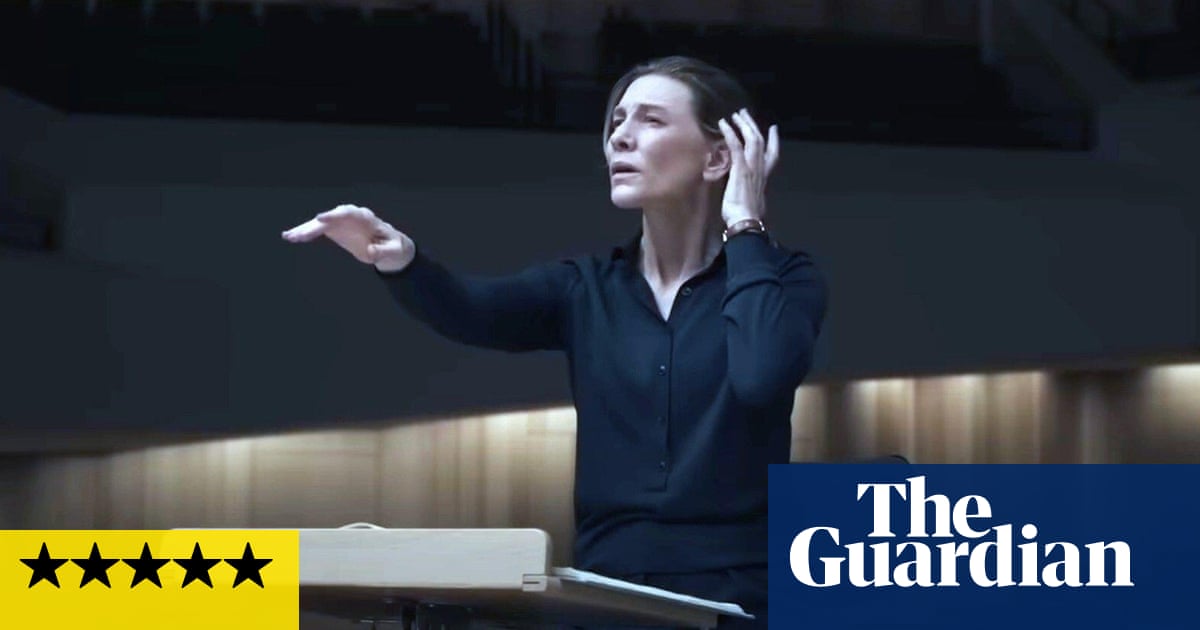
“It’s not really about feeling safe,” Katie explains as she installs the CCTV camera outside her house. Those days are, in essence, behind her. The comfort the cameras offer is that now “if anything happens, there’ll be evidence”.
One-in-five women are the victims of stalking in their lifetime – and Katie is one of them. Stalking seems too weak a word to describe the experience that, in the new BBC documentary Stalkers, presented by Stacey Dooley, is quickly shown to amount to a kind of terrorism, even before you learn that it is also the experience of most of the women who are murdered every year in the UK.
Katie’s ordeal began when she ended a five-month relationship and her ex began bombarding her with threatening messages, turning up at her house, lying to the police about her harassing him and finding various other ways to intimidate her and her family. He was given a two-year sentence for stalking and perverting the course of justice and is due out any day, after serving less than a third of it. Statistics show that 50% of all convicted stalkers re-offend. “We have to prepare for the worst,” explains Mahbuba, from the charity Aurora New Dawn which works with the police to try to help women whose lives are being destroyed by psychological torture from embittered exes or fixated strangers. “We need to be realistic. He could be angry, vengeful. We don’t know who he’s spoken to in prison.” Hence the cameras. And the advice to clients to keep a go-bag packed with essentials in the car in case they need to make a quick getaway.
Dooley, with her unforced charm and gentle spirit, is the perfect presenter for such an intimate and emotional subject. She is warm, she engages without ego, and she has that ineffable gift known as the common touch. Her compassion never descends into sentimentality, and it draws out the best in vulnerable people without leaving them overexposed. She gets accused of being a lightweight and a dilettante – apparently, it seems, because she has a cockney accent. People can be snobs and idiots – let the revolution begin.
The several stories Dooley follows over months play out with grim similarity: 28-year-old Claire’s ex-boyfriend (just shy of 50% of stalkers are previous partners) began stalking her 18 months after they split up. Hers is one of the utterly terrified and terrifying 999 calls we hear, begging for help. A 25-year-old single mother Sabrina started receiving anonymous, frightening calls and messages, plus pictures taken outside her house. She was sent assurances that the caller knew where her daughter went to school, and lists of locations she had been to that day. Eventually she discovered they were coming from her ex, but unlike Claire’s and Katie’s, theirs had been a good relationship. “He was lovely,” says Sabrina. “We just didn’t work out.”
As the special police unit in Cheshire (one of the tiny handful in the country that specialises in stalker cases), Aurora New Dawn and, of course, countless other charities, refuges and women know, hell hath no fury like a man, as he sees it, scorned. “A lot of them feel entitled to be in a relationship,” says Mahbuba, “and have that person next to them.”
Gathering evidence and building cases against the perpetrators – which involves establishing a pattern of behaviour rather than just proving single incidents – is painstaking work for the police and another feat of endurance required from the victims. Any convictions tend to result in risibly short sentences and restraining orders that are usually broken swiftly and without consequence. A breakdown in technical equipment when Amanda went to court meant that the CCTV evidence she had against her stalker wasn’t played. He got community service and a restraining order. She now rarely leaves her house, so closely does her stalker monitor her movements from just beyond the boundary of his order.
The programme fell short, as most of these programmes do, in placing the phenomenon in a wider context and asking broader questions about the society that breeds them. Such as: what makes men feel so entitled to women? If it were predominantly men who lived with this kind of terror – and, more insidiously, the fear of becoming its focus, which is woven like a malevolent thread through the tapestry of female experience as a whole – would we see such light sentencing, such dismissive attitudes, such a dearth of specialised responses, interventions, punishment? Would we expect them to learn to live, as 20% of women will, an indeterminate sentence in a prison without walls? I wonder. No, not really. I don’t wonder at all.












